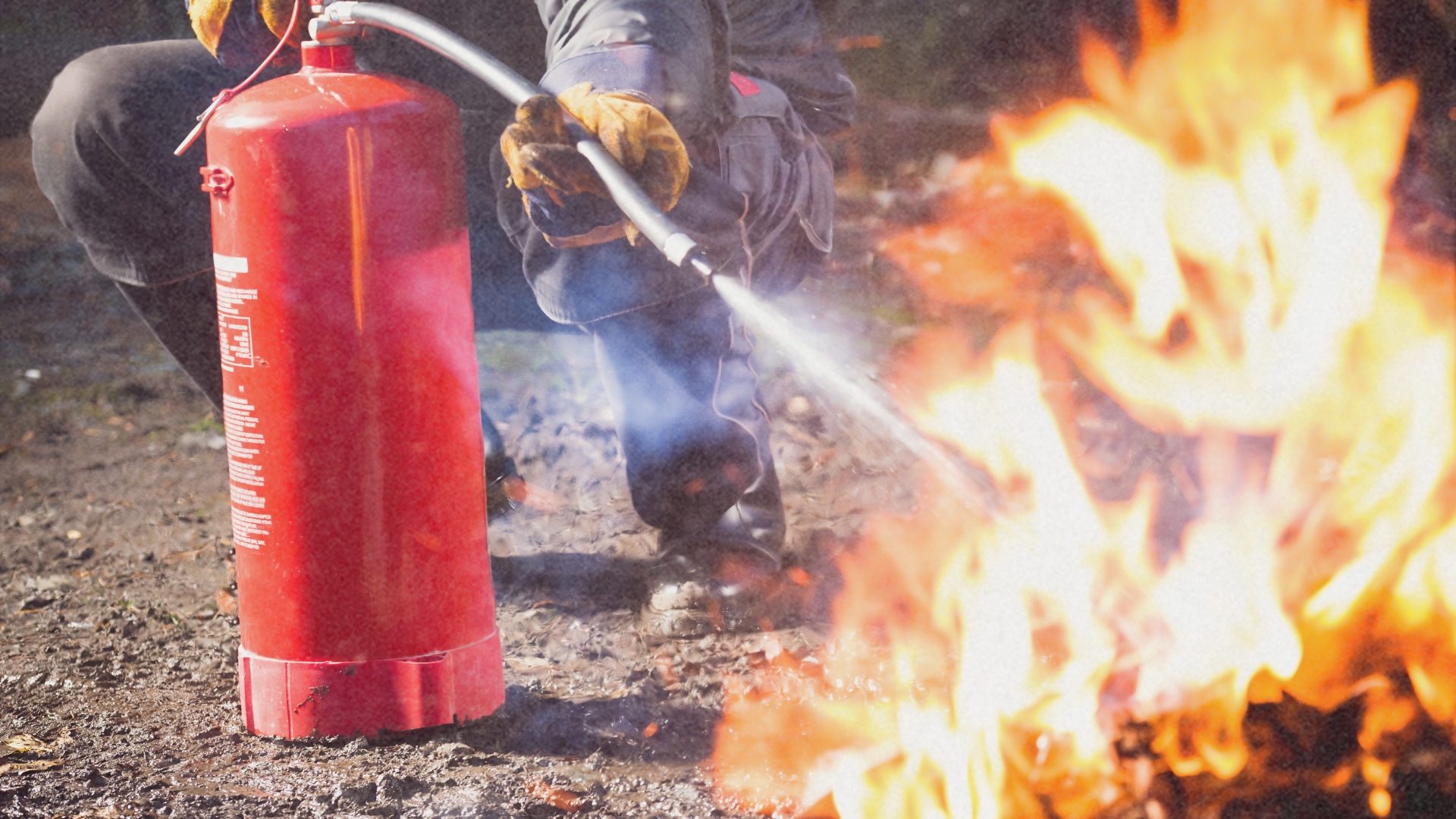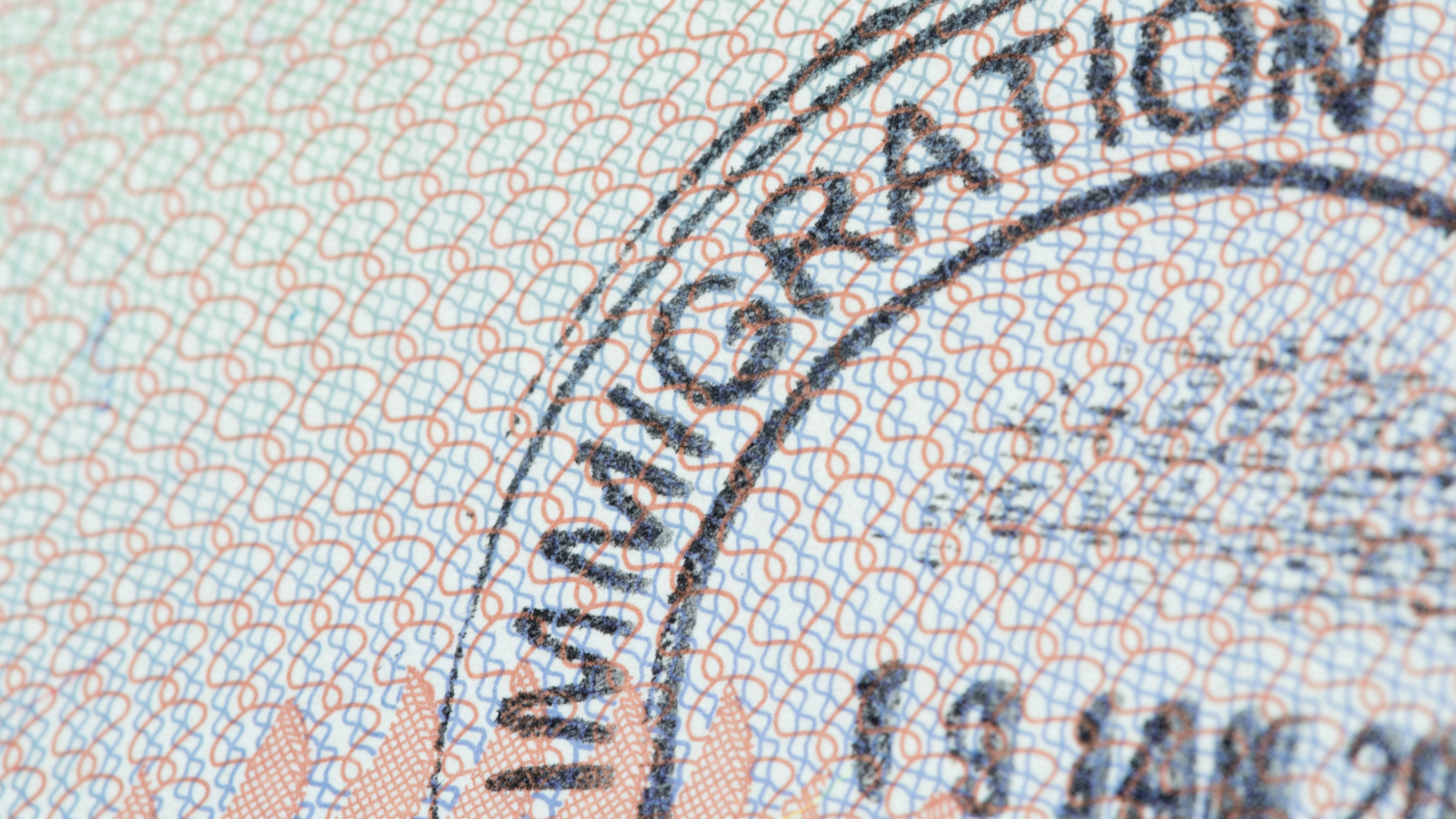Our attention was perked when local news ABS-CBN’s TV Patrol reported on the cases of prostitution using Facebook while issuing a warning to parents to be on guard about their children’s exposure to social media lest they will be or are already exposed to the trade. The news mentioned an account, “Under One Roof,” where supposedly the exchanges or transactions or trading take place. Few hours later until press time, attempts to access the account were proven futile. Though it yielded a lot of accounts with the same name, there seemed to be nothing related to prostitution or sex trade.
The Emergence and Popularity of Social Networking
With the advancement in technology and the emergence of social networking, almost everything seemed to be online. Whatever one needs to know, places to go, news update in other parts of the world, real-time discussions and transactions, business trading, family bonding, and finding mates, among many others, are happening all at once. All you need to know is just a mouse-click away. The world becomes smaller as greater connectivity becomes evident with and through social media.
Inquirer.net (Technology section) published a report by Glen Chapmann of Agence France-Presse last October 5, 2012 said that Facebook hit its billion-member mark worldwide. Simply put, a billion people are connected via Facebook. In 2010, Inquirer.net also published the top 10 Facebook users and the Philippines ranked 7th with almost 16 million users. Still from Inquirer.net dated August 9, 2012, the Philippines ranks 10th for Twitter users at 9.5 million. It further stated that 30% or our population have access to internet, 93.9% of whom also use Facebook.com which gives us an estimate of around 26 million people using Facebook to date.
Culturally, the Internet connectivity appeals to the Filipinos’ love for interaction and socialization with others, moving now from the personal (face to face) to the virtual or cyberspace encounters. The appeal of the Internet also springs from the fact that there is less censorship as it becomes a new platform for “freedom of expression” and on top of that, one can even remain anonymous. Because of these, young people consider their personal account as their “private” spaces where they can do whatever they want to do and say whatever they want to say.
The downside of social networking
This leads us back to the downside of social media and social networking. Negative experiences have been brought about by too much exposure to social networking sites, e.g. cyber bullying, cases of rape, theft, and some ended up brutally killed. Many still do not understand the shift of their so-called personal space to the vast audience of their virtual space and thus, their words and actions do not match the sense of responsibility by which they handle their so-called personal accounts.
Sex trade goes online too
Moving into the same platform is sex trading like everything else. Browsing the Internet on this topic actually revealed news about it, blogs, and various sites where sex trading happens. However, the terms sex trading and prostitution are not used but the more popular term encountered was “escort services.” The prevalence of such services is mostly in other countries such as the United States, Netherlands, Hong Kong, Australia, and some others where escort services are considered legal and thus, sites are available for “advertising and marketing” of this kind.
I also took some time to ask around randomly, especially among students and young professionals, both men and women, if they have heard about prostitution via Facebook or other networking sites. Some heard about it but do not know much yet while others were aghast by the question because it is something new to them. Still others have knowledge and suggested on some sites to browse (not just Facebook accounts) which led to more discoveries on how sex trading is done. Further research led to discovering the same “escort services” being offered here in the Philippines and yes, being advertised online as well.
Like its foreign sites counterpart, service escorts in the Philippines do the same advertising with photos, physical description, services offered, contact numbers and emails, and even reviews. There are pages for both men and women. And these sites are just a click away.
A cause for concern
All these render Internet users, especially children and teens, vulnerable to unguided and misguided exposure to these sites which can eventually result to other problems of abuse and even direct exposure if not checked. Clearly though, the issue on prostitution or sex trade or escort service goes deeper than what meets the eye. We have to understand the complexity of the problem and consider as many angles as possible in trying to understand and address the issue. Before, prostitution was mainly about poverty, now we are looking at “lifestyles to keep,” which pushes men and women to resort to this trade. This means coping with what is “in” like owning top-of-the-line gadgets (mobile phones, iPad, etc.), clothes, and to be seen in the “right places.”
The challenge is directed to families, schools, churches, media and government, and to all of us on how to curb or address this concern collectively. There are NGOs addressing different aspects from education, livelihood to rehabilitation, especially the prostituted women and children. And I mean here those who have been driven by poverty and other difficult circumstances. There are some which focus on the concern of human trafficking, especially children and women. And, there are a lot more. Based on the sites visited, both men and women are involved in sex trade but I think, women are more vulnerable to abuses in this trade just like in other spheres of life.
What can be done
However, some steps are crucial, especially at the level of the family and the school where our young children and the teens are. For example, parents should think hard before providing their children access to social media and gadgets to use. I know of some parents who make Facebook account for their children. If inevitable, close monitoring and supervision should be done by the parents or guardians. Schools might need to review the sites which the students can access when inside the campus. Young people must be taught how to use social media as a platform responsibly. We have heard of controversial cases of students reprimanded or even dismissed from school because of irresponsible use of social media and many other issues. The government should enact and implement laws to help regulate abuse of these sites.
And to all of us, netizens, we must individually and collectively continue to act in a more responsible way so that we are able to contribute to bring about a more responsible and enlightened netizenship which should also flow to the real world and not just in our virtual realities.






One response to “Social Media: A New Platform for Sex Trade”
We should include the risks and abuse of virtual social software in all school curricula focusing on how technically children may/ have to protect their privacy concerning various matters.